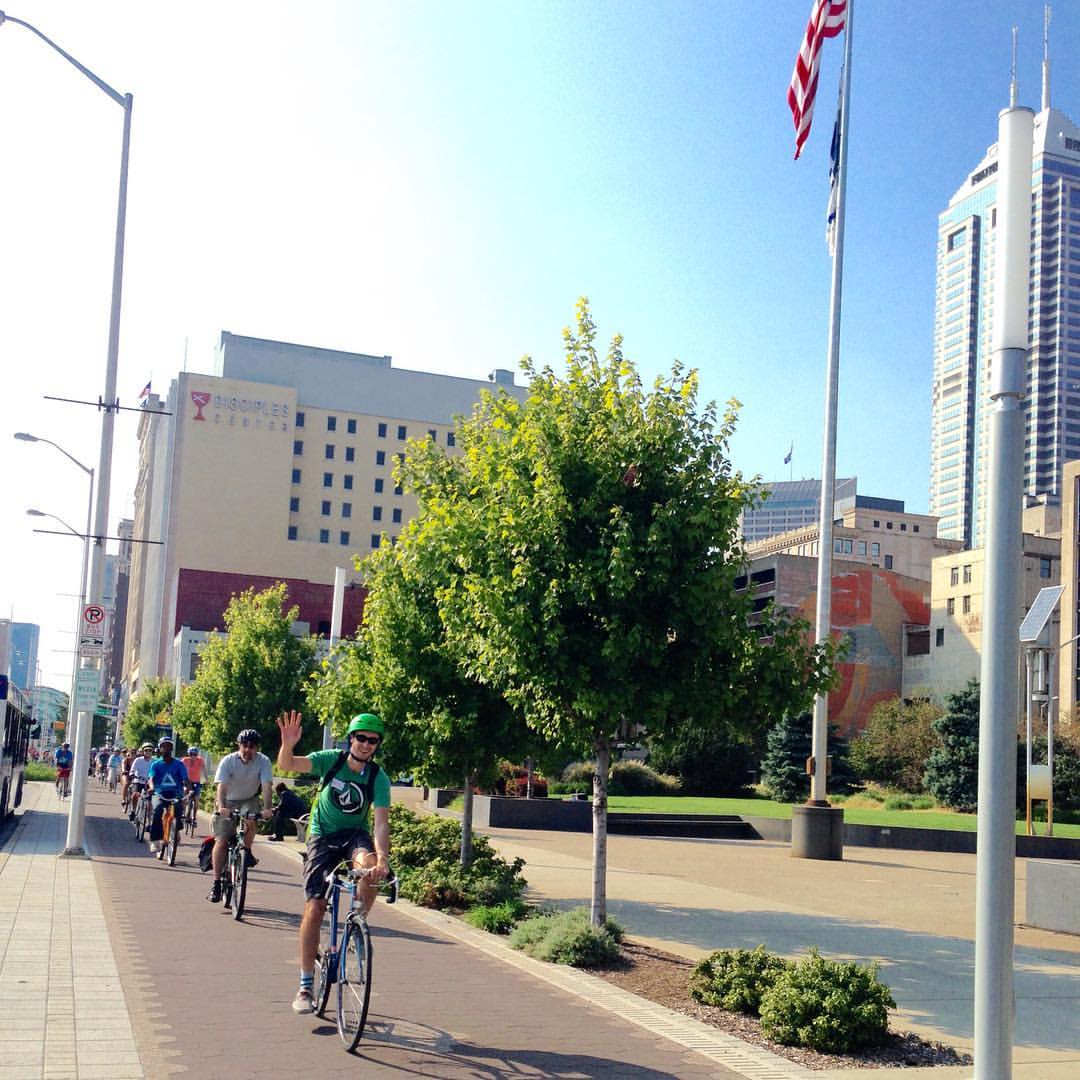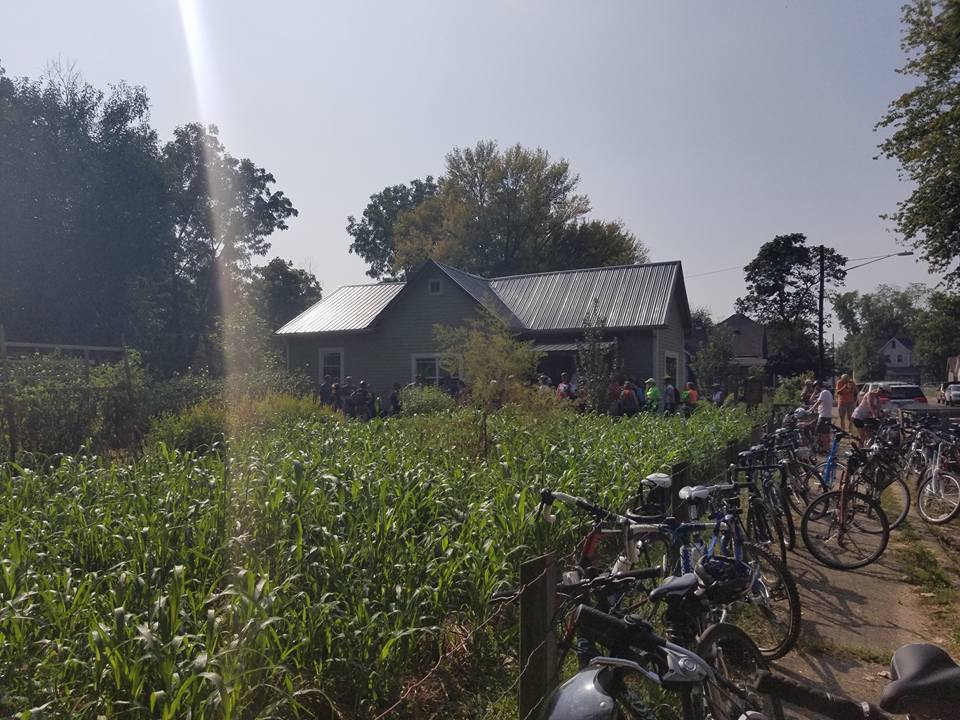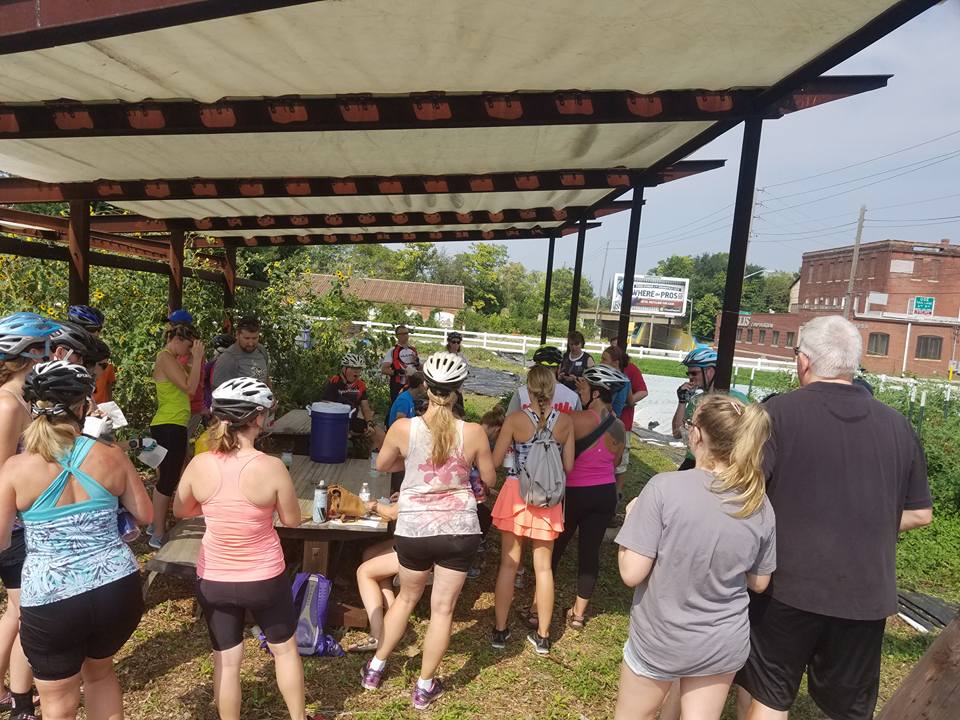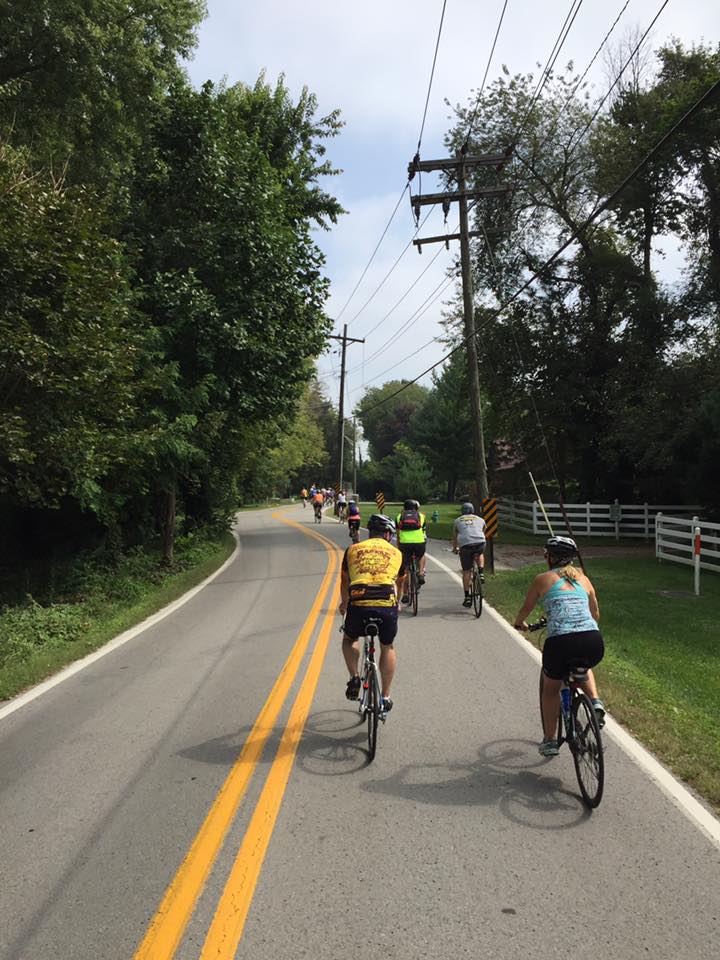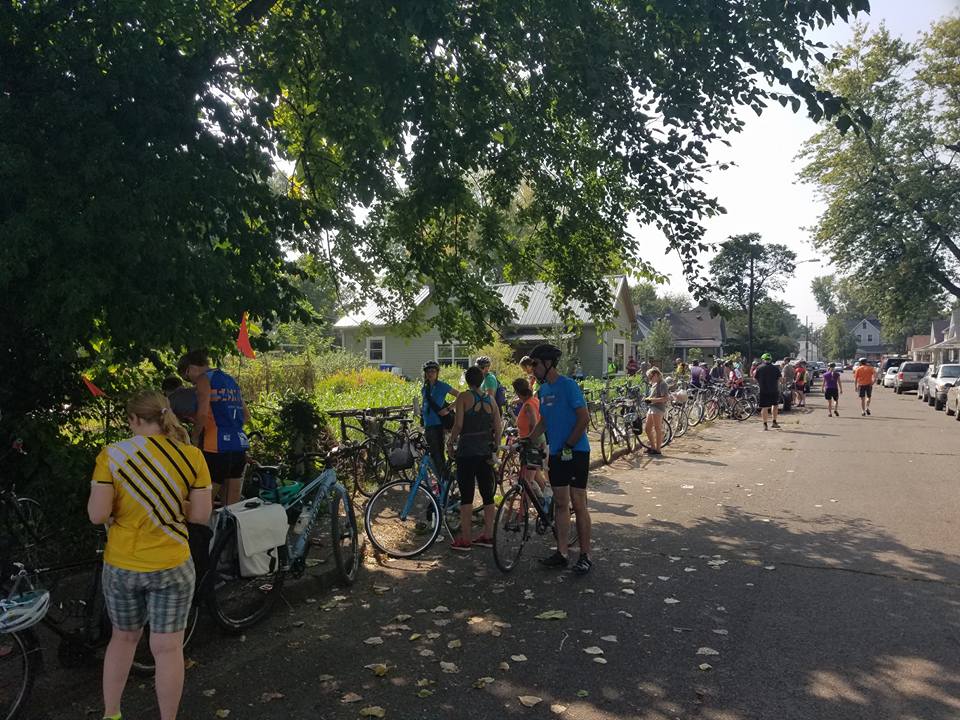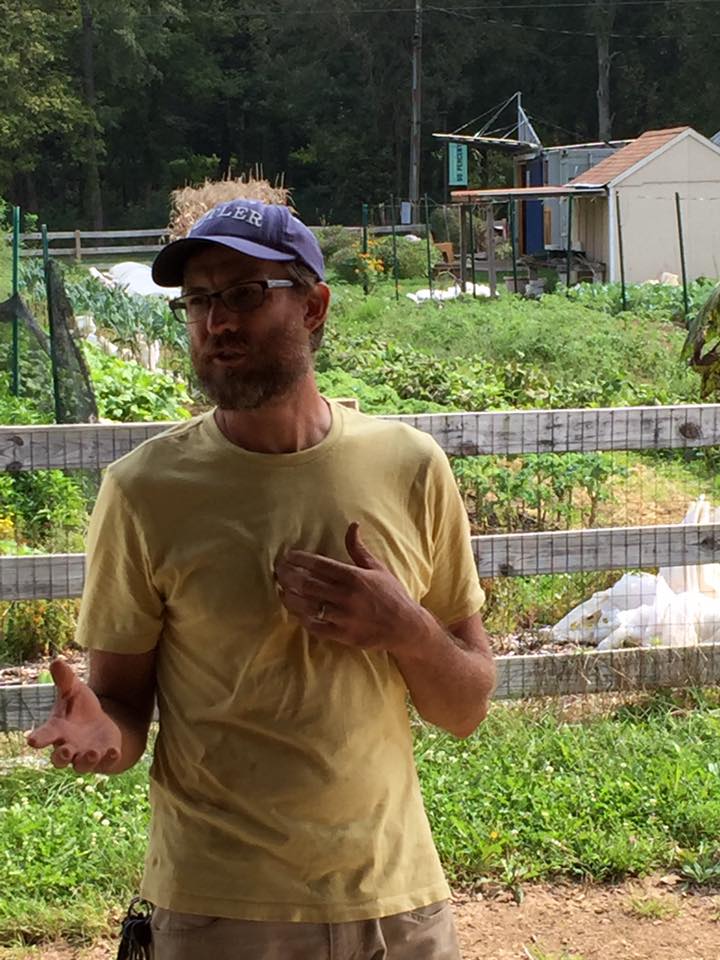COMMUNITY WORK
indianapolis
Urban Farm Incubator Network
At the beginning of my time with Purdue Extension - Marion County, I envisioned and fundraised for the Indianapolis Urban Farm Incubator Network which is now (2018) a supportive network for new urban farmers in its third year with 29 members. The network assists beginning urban farmers in Indianapolis to:
- Learn from and share with other beginning urban farmers
- Meet experienced small-scale and urban farmers
- Access professional development opportunities such as the Indiana Small Farm Conference
- Explore market opportunities for locally grown products
Indy food council
State of the food system report
Read the report: https://indyfoodcouncil.org/state-of-the-food-system/
I co-edited a cross-sector report about the Indianapolis food system, guiding a process with 11 authors and 19 reviewers on behalf of the Indy Food Council.
The purposes of the report is:
- to glean data from experts in a variety of fields so that people work on interdisciplinary food system change can access it.
- to celebrate the successes of people working to improve the Indianapolis food system.
- to make recommendations for future work.
HEADLINES ABOUT THIS RERORT:
Researchers Look At Changes In Agriculture, Food Access In Report On Marion County Food System, WFYI 90.1 FM
Indy Food Council releases latest data on Hoosiers' 'state of food', WTHR Channel 13
The solution to Indianapolis food deserts looks a lot like our farm-to-table movement, Indy Star
Purdue Extension
Urban Agriculture Certificate Course
The four-part logo for the certificate, representing each part of the final "Master Plan" a student creates.
I chaired the team effort that created the new Purdue Extension Urban Agriculture Certificate, a yearlong experience that combines an intensive three-month stretch of classroom-based learning during colder months with monthly field trips during the growing season. In 2016, I co-taught the pilot program for this certificate with Indianapolis-based urban farmer Amy Matthews. In 2018, the program welcomes its third class.
This certificate follows a new hybrid or “flipped classroom” course design using Blackboard’s online learning platform combined with face-to- face workshops--students learn foundational concepts at home, and then apply those concepts to their own urban farm or garden through in-class discussion and hands-on activities. I co-developed 25 learning modules that include written guides for instructors, in-class activities, and student worksheets. I also oversaw the production of 50 instructional videos.
Participants in the inaugural Purdue Extension Urban Agriculture Certificate course reported:
- A high level of satisfaction with every component of the course structure. Course elements that received a 9 out 10 rating or higher were: in-class presentations, the Master Plan assignment, homework videos, in-class activities and Community Voices videos.
- An increase in confidence to begin or further develop an urban agriculture project. On a scale from 0-10, students’ average feeling of confidence increase from 4 to 8.4 as a result of the course.
- An increase in clarity about the purpose of their urban agriculture project and the vision for their garden or farm. On a scale from 0-10, students’ clarity of purpose increased from 4.3 to 9.1 as a result of the course.
- Increased understanding to research an urban site’s environmental history, test its soil and determine if there are red flags that should prevent using a property to grow food. On a scale from 0-10, students’ confidence to do this type of assessment and make safety judgements increased from 3.6 to 9.2 as a result of the course.
IndyGrown
Harvest Ride
The 2016 IndyGrown Harvest Ride was an opportunity I co-developed with other urban agriculture leaders in Indianapolis to bike from urban farm to urban farm and finish with an on-farm dinner. More than 100 cyclists participated. As a result, awareness of the farms increased both for riders and within their social networks. Participating cyclists also purchased more local food in the months following the ride and felt greater pride in their city.


